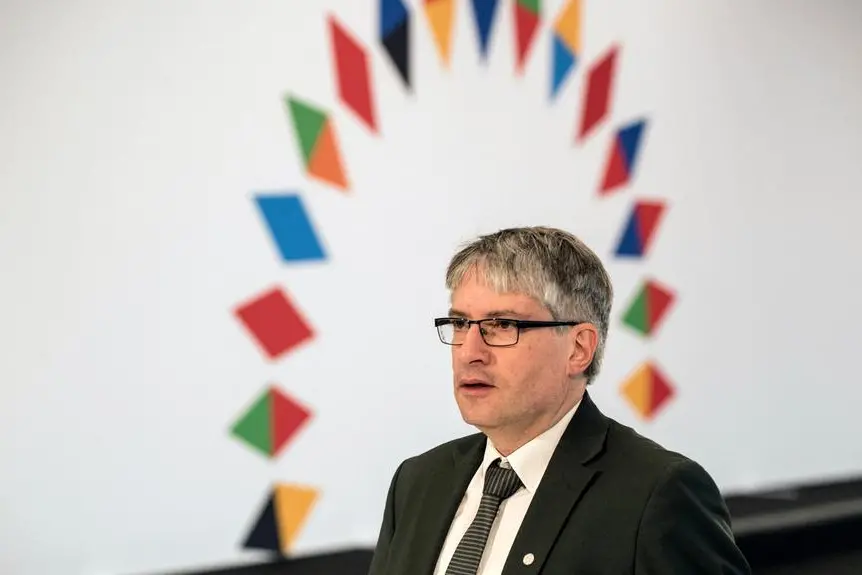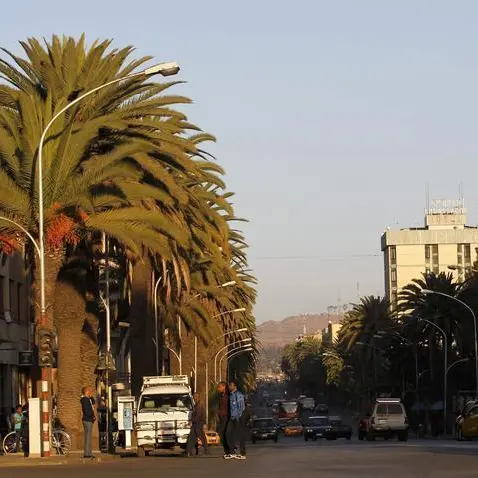PHOTO
France stood up for nuclear power as part of the EU's low-carbon energy mix on Tuesday, raising the hackles of anti-nuclear Germany.
"We rather believe that this is an expensive experiment," Germany's minister for economic affairs and climate action, Sven Giegold, said as he arrived for a Brussels meeting of EU energy and transport ministers.
On Tuesday, France signed a nuclear cooperation memorandum with Sweden. Stockholm, like Paris, is banking on using nuclear power to meet its climate goals.
The memorandum "will let us tighten our links on the issue of nuclear power," France's energy minister, Agnes Pannier-Runacher, said after signing the document with her Swedish counterpart, Ebba Busch.
"We must continue to make nuclear power one of the elements of our energy policy to reduce our greenhouse gas emissions," she said.
France's fleet of 56 reactors -- which supplies the country with 70 percent of its electricity -- has received a boost after the EU's member states agreed that atomic power should be part of the bloc's energy mix going forward.
Its inclusion in a reform of the EU's energy market, which is shifting from fossil-fuel dependency to a greener, more renewable one, underlined both Paris's lobbying efforts and urgency over energy security sparked by Russia's war in Ukraine.
Germany, though, has phased out its nuclear power plants and is under an unexpected budget squeeze that is crimping spending. Its ruling coalition also needs to keep Green partners on side.
Giegold, a Green politician, said the use of nuclear power is "a sovereign decision of member states" though he argued renewable energy sources should be used instead.
"We need very flexible and supplemental resources, and that means that so far nuclear technology is not ready to deliver that," he said.
He also expressed concerns about nuclear sectors in France and other countries benefiting from state subsidies whereas Germany is facing a spending squeeze because of a court decision crimping its budget.
"This needs to be controlled to avoid negative fallout" for the EU single market, Giegold said.
Pannier-Runacher, for her part, said that France's debt-laden EDF company, which builds and operates nuclear plants, was "competitive" and that was "a benefit for the French, a benefit for Europe".
She said money for EDF was "not a budgetary mechanism... and therefore not an aid mechanism", and that France had no "hidden plan" of massive state subsidies for it.
Sweden's Busch said the COP28 climate conference that just wrapped up in Dubai underlined "the phasing out (of) the dependence on fossil energies but also the comeback of nuclear".
France, she said, "played a big role in this" and, with its help, Sweden was now poised to make "a huge comeback as a nuclear power nation," she said.





















